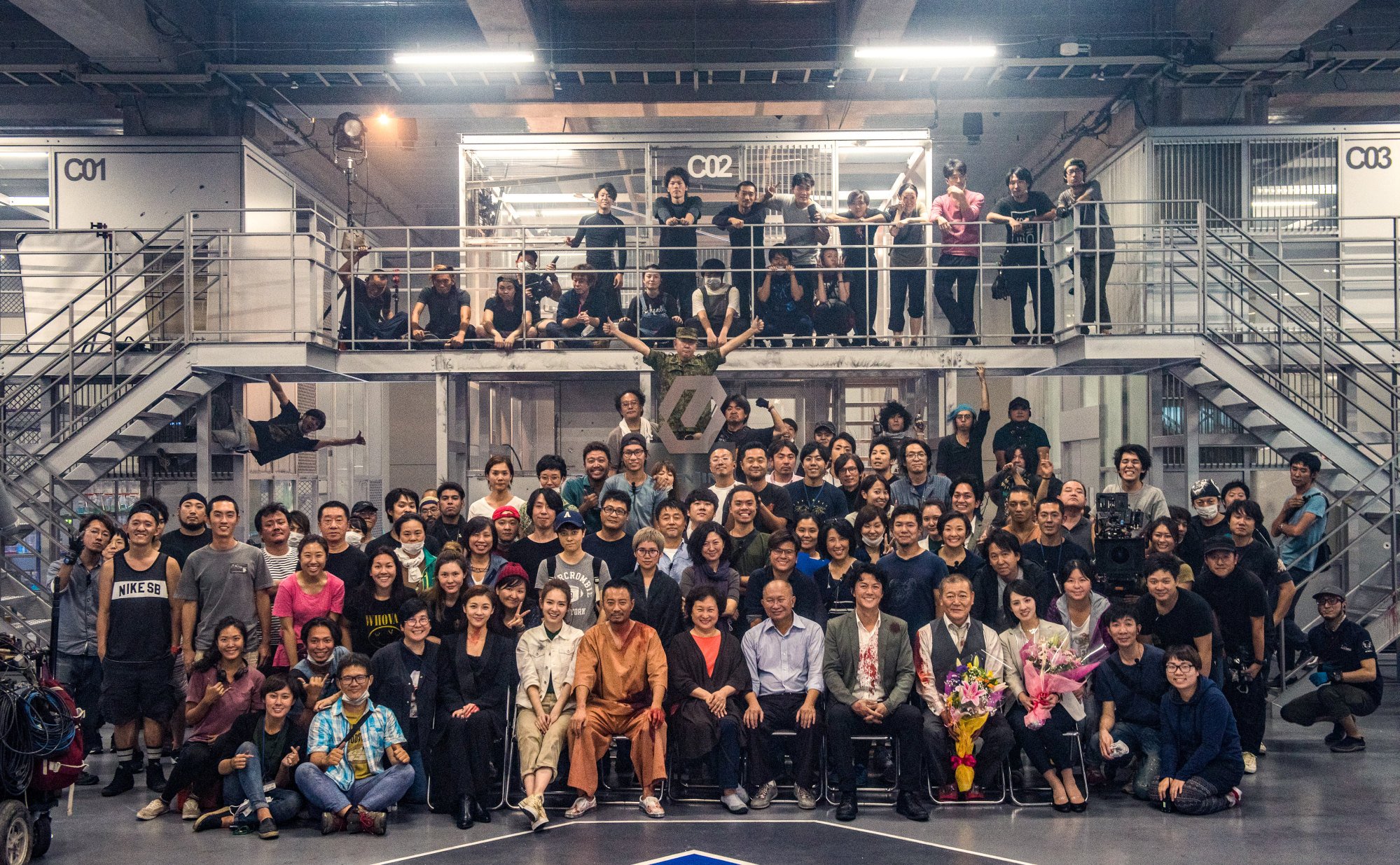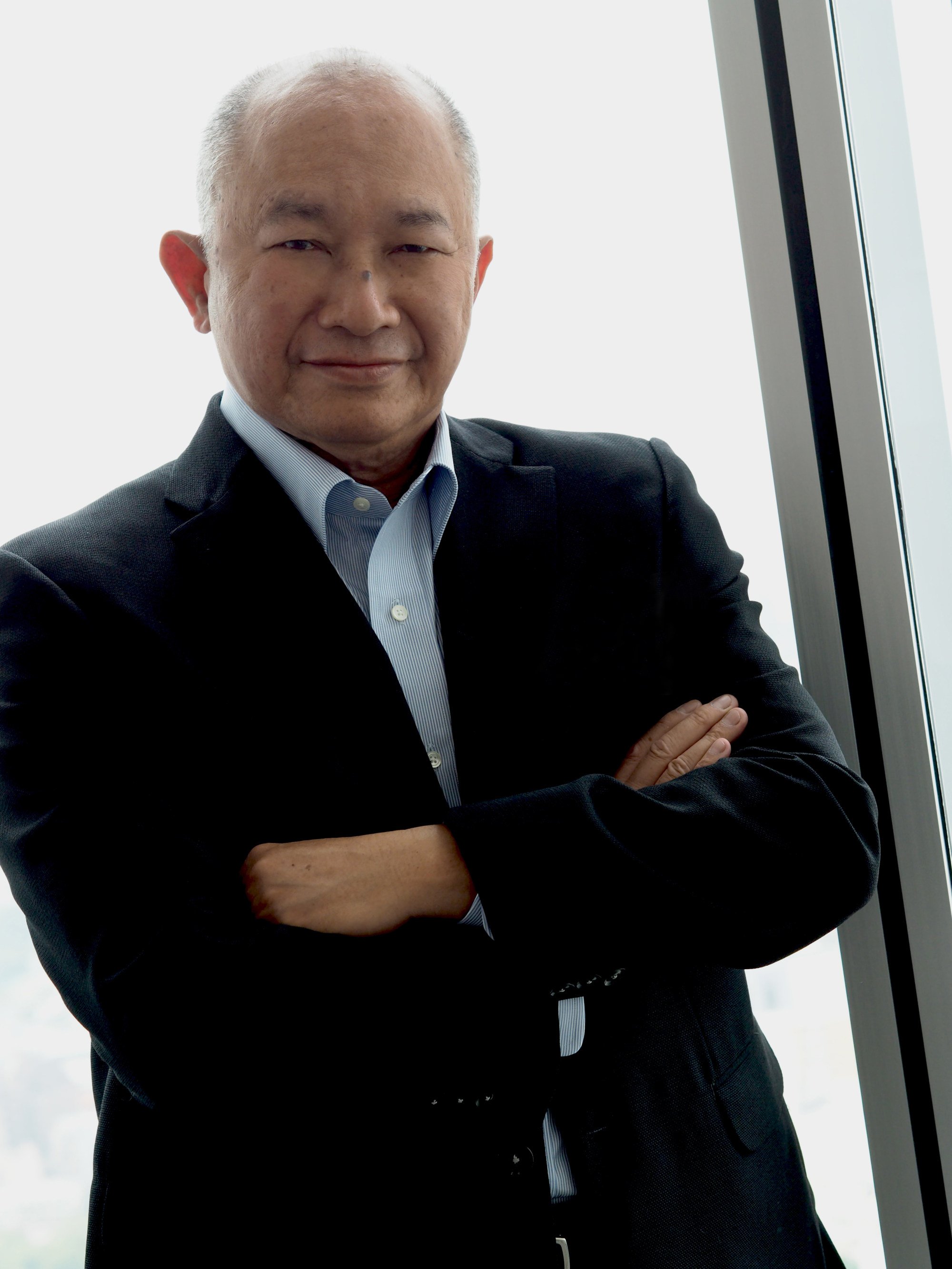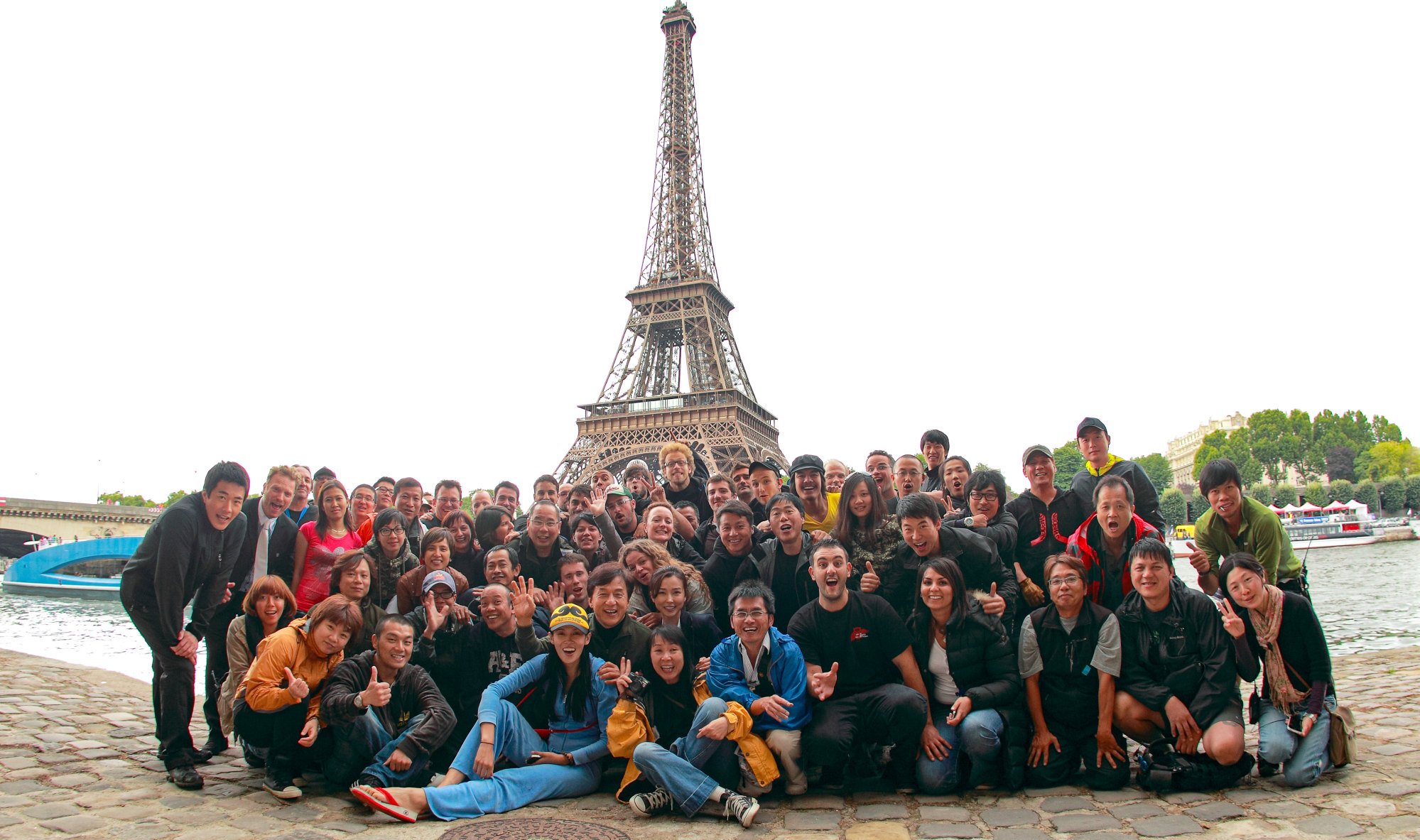“A producer is like a mother taking care of the project!” says one of Hong Kong’s finest. While director and scriptwriter focus on the creative process, “the producer is the quality control and has to monitor the budget – it’s quite a lonely job”, adds Debbie Lam Suk-yin, whose 30-odd years in the film and television industry have seen her credited alongside a stream of household names.

She also has close connections with an organisation called Bridging the Dragon, whose mission is to connect European and Chinese film industries.
Eternal Sunshine of the Spotless Mind: fascinating but flawed love story
Eternal Sunshine of the Spotless Mind: fascinating but flawed love story
“It’s a group of producers’ organisations in Europe,” she says during a video call that takes place on the eve of this year’s Filmart marketing jamboree at the Hong Kong Convention and Exhibition Centre, in Wan Chai. Fifteen Bridging the Dragon-affiliated European producers were expected at Filmart.
“In the past, they wanted the chance to work in mainland China. But now Hong Kong has this funding scheme, I think it’s attractive to them.”
“It’s a good opportunity to link producers from different countries,” says Lam. “Even if they don’t work together they can still learn from each other and build connections.”
The new directors get less chance than the 80- or 90-year-olds
Under the scheme, in total eight feature-length film projects will each receive a grant of HK$9 million (US$), the aim being to maximise the exposure of Hong Kong cinema to international markets.
A Hong Kong Film Development Council delegation, including Lam, introduced the European phase of the scheme at February’s Berlin International Film Festival, where she noted considerable interest from numerous filmmakers.
“When you apply to the scheme, you can also apply for funding from European countries,” she explains. “But it’s not just about financial collaboration. Two countries should make a story for two countries and aim for both markets.
“For crews from different countries to work together [the scheme] must stimulate new creative ideas. That’s more interesting to me.”

Lam believes Hong Kong cinema needs this joint-venture shot in the arm.
“I’m not sure if this will hurt some people, but the Hong Kong movie industry is going downhill,” she says candidly.
“The senior directors – I can’t say they are getting old, but they are one generation and the new directors get less chance than the 80- or 90-year-olds. And in Hong Kong cinema’s prime, say the mid-70s, about 200 films a year were produced”, while that number was only about 40 last year.
That said, Lam still prizes notable industry veterans.

Lam discovered her own passion for cinema while living in Vancouver, Canada.
“In 1992 my sister Sharon was working on script continuity for Stephen Shin’s movie Black Cat 2. I visited her on set and Mr Shin asked if I was interested in joining his company. I started working in distribution, doing office paperwork,” she says.
“Back in Hong Kong I was asked if I wanted to change field, to production, and I thought, ‘Why not?’

“I worked as a production manager for many years, and a few years ago I got the chance to join a new television channel, ViuTV, because they wanted to strengthen their drama line,” says Lam. And that meant joining forces with emerging directors working on new drama formats.
“I like watching his movies more than I like working with him,” she admits. “He works really long hours!”

